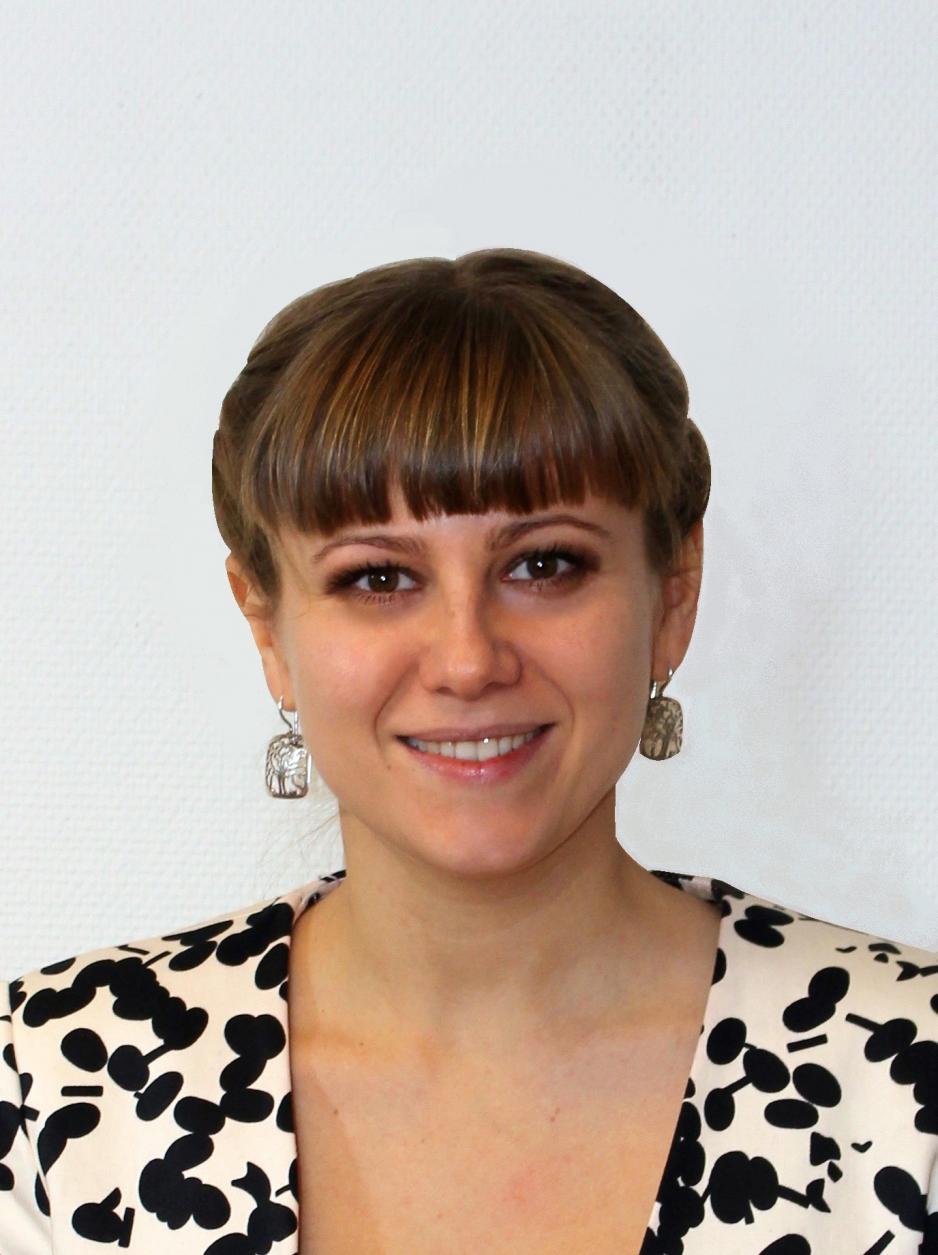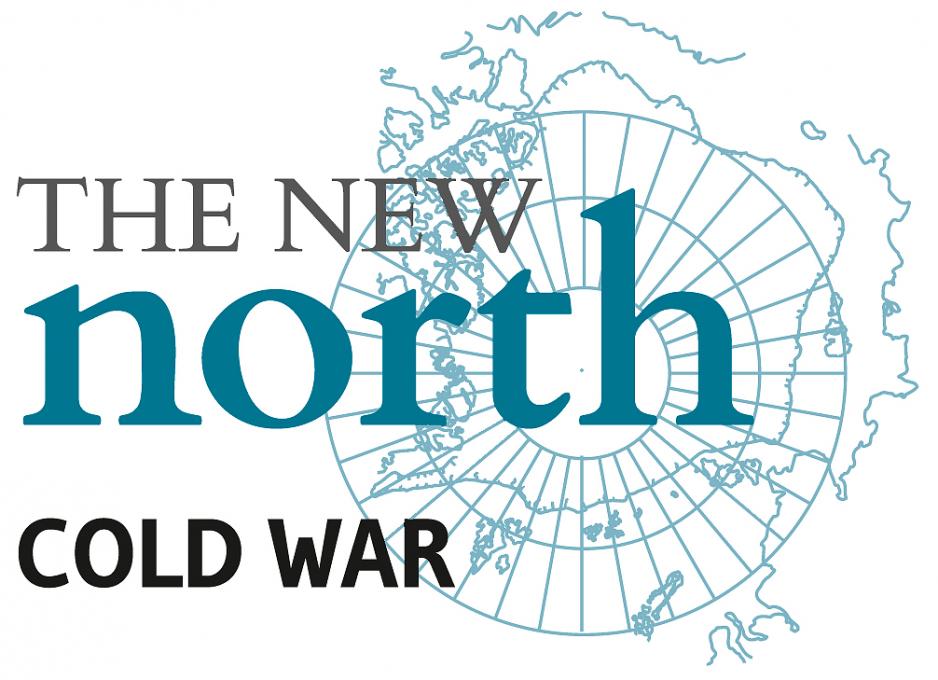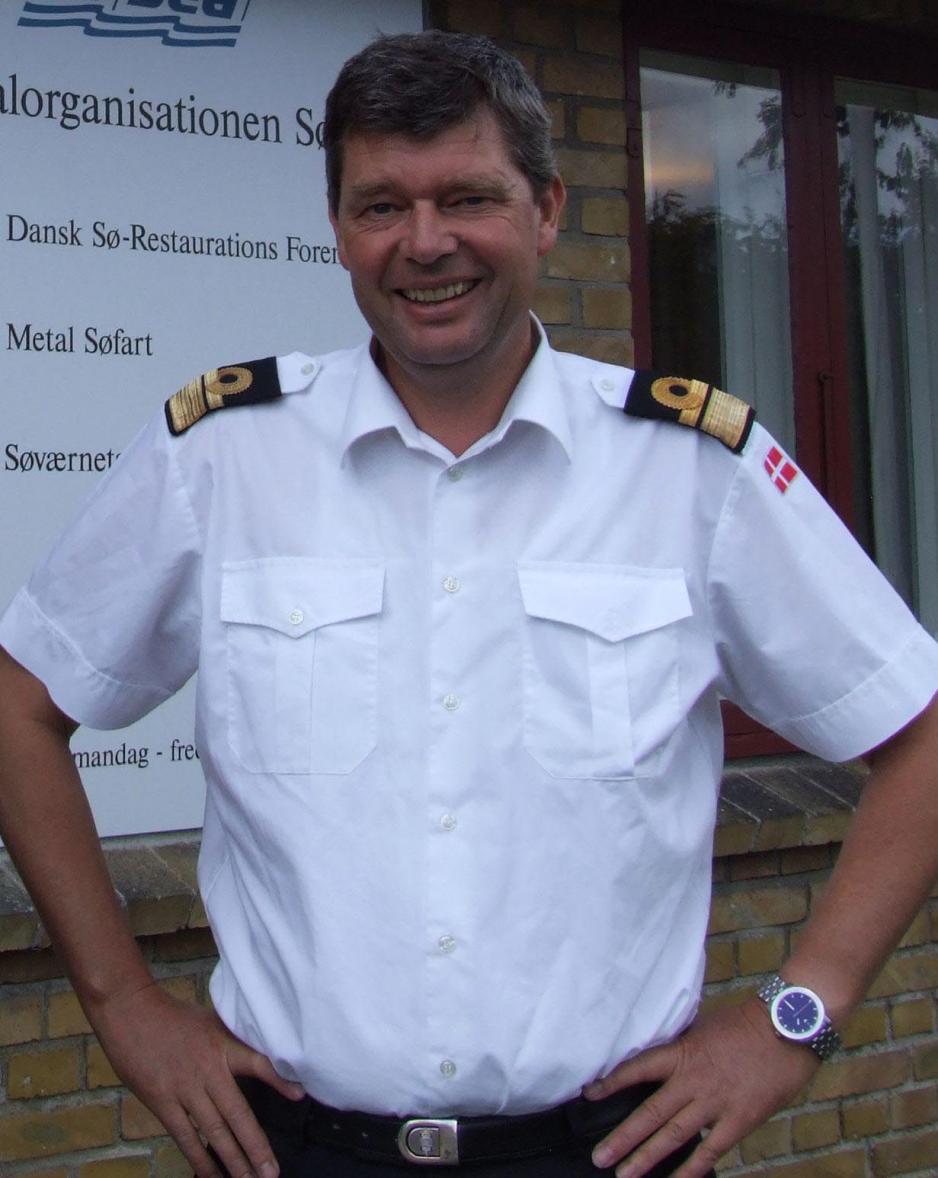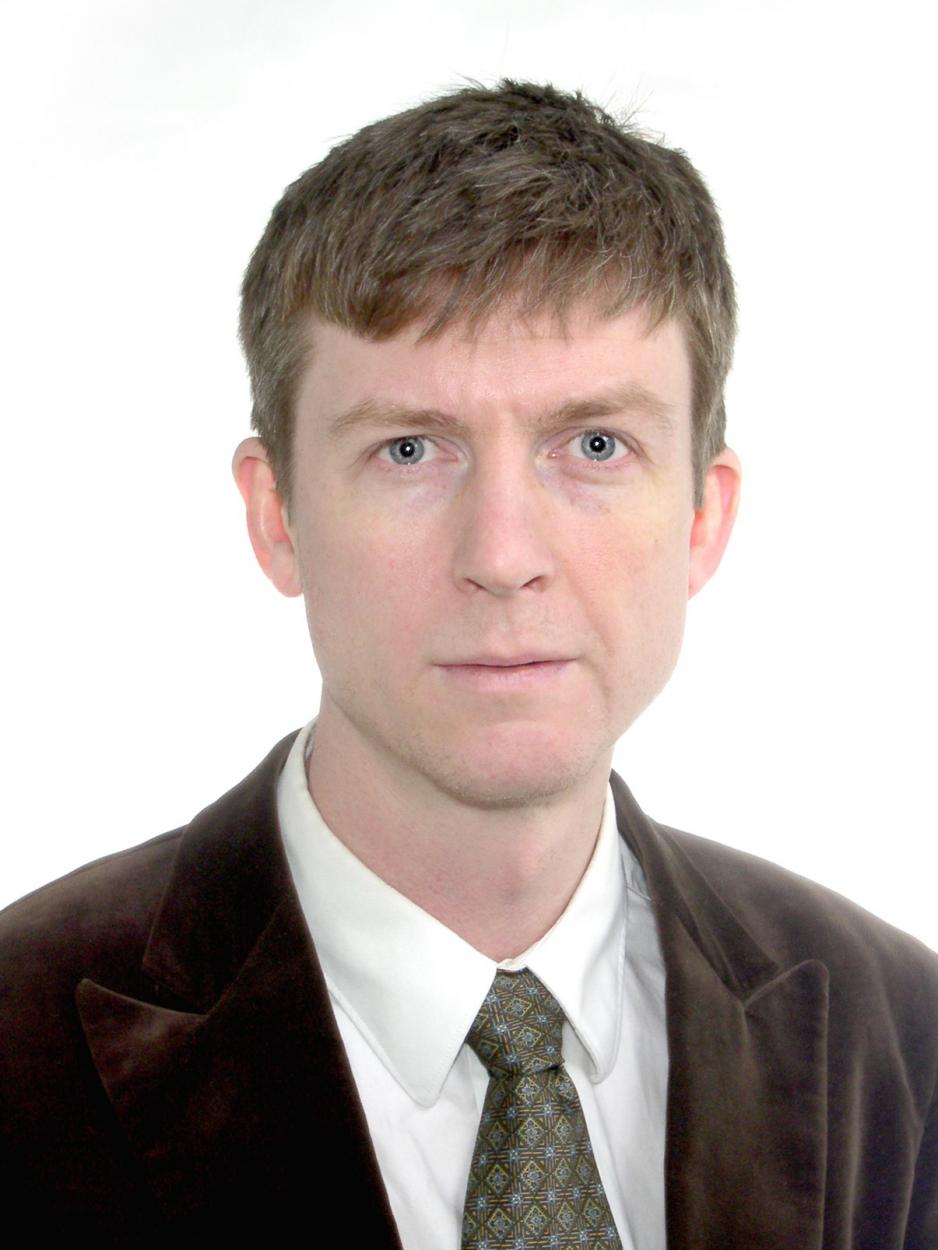Sweden & Denmark: - Russia sees itself surrounded by enemies

- At the moment, we are certainly seeing an increasing level of perceived insecurity and threat between Russia and the West, says Ekaterina Klimenko, Researcher at Stockholm International Peace Research Institute (SIPRI).
Klikk her for norsk versjon.
- Have we already slid into a new Cold War, or are we heading towards it? High North News has asked experts from nine different countries, encompassing the entire circumpolar region. The question polarized respondents.
Click here to read the articles we have published so far.
- I would not use the term Cold War. The Cold War took place in a completely different historical context, with different adversaries, Klimenko says.
Increasing threat level
- Russia’s strategic security documents ‘updated’ in 2014 and 2015 indicate the increasing level of threat to Russia. Russia sees itself as surrounded by enemies, primarily NATO and its allies, including in the Arctic region. In response, it pursues the policy of increasing military buildup along its borders, she adds.
- What makes Russia feel more secure increases the insecurity of surrounding states. We see that regional security alliances in the West are increasingly on alert. The increasing tensions on both sides are also visible in the reciprocation of training exercises.
Nils Christian Wang Nils, Rear Admiral at the Royal Danish Defense College, believes that we could be heading towards a new era of mistrust that might have some of the same characteristics as the former Cold War:
- Economical interdependent
- The difference, however, is that Russia and Europe have become economical interdependent since the Soviet era. Europe is dependent on Russian energy and Russia is dependent on the revenues. The Ukraine crisis might reduce that market over the next 15-20 years as Europe will seek alternatives and Russia might consequently seek new Asian energy markets. The Ukraine crisis might, in this way, create a Russian commercial "pivot to Asia". It is likely that this will increase the importance for Russia of maintaining stability and cooperation in the Arctic, where Russia’s financial reserves for the next 50 years are buried in the ground, Wang says.
Gerald Stang, Senior Associate Analyst at the European Union Institute for Security Studies (EUISS) in Paris, says this:
- Attempts to equate the current period of tension with the hostility of the Cold War inevitably come up short. We are not in a new Cold War, nor are we headed towards it. The Cold War was an international ideological conflict between NATO and the Warsaw Pact, fought through proxy wars, global competition for client states and an escalating arms race.
Neither capable or interested
- In Europe, this translated into the positioning of massive armies poised for a potential hot war on either side of a divided continent. None of these factors are present today. Russia is no longer a global power. All of its European client states have joined the West, and the capitalism and communism divide is irrelevant. While still a belligerent major power, Russia is neither capable nor interested in investing large amounts of blood or treasure in conflicts far from its borders. Even its involvement in Syria has been limited to a relatively cheap and truncated series of bombing raids, very different from its commitment to Afghanistan in the 1980s. The Arctic remains vital to Russia’s economy, security and nuclear strategy, but this has been the case for the last 60 years and will remain so far into the future, Cold War or not.
Don´t miss the upcoming articles in our New North series – sign up for our newsletter:



